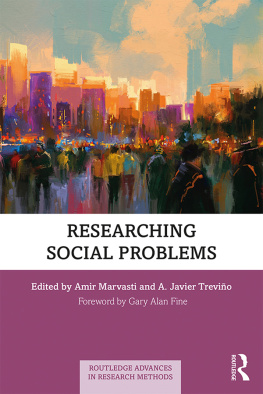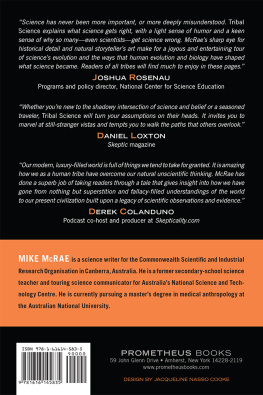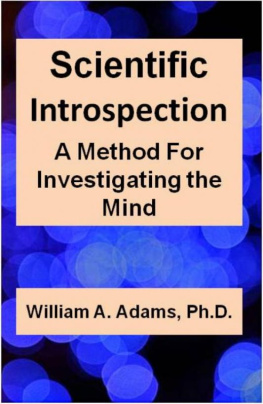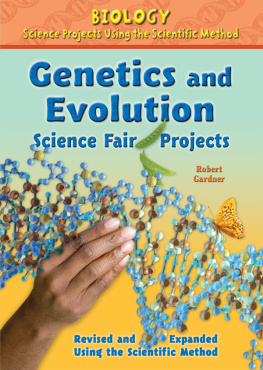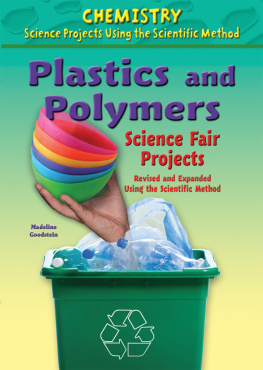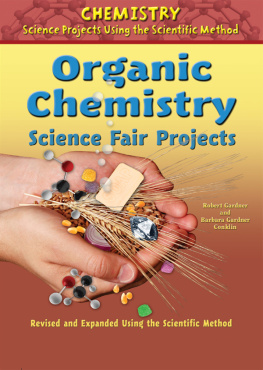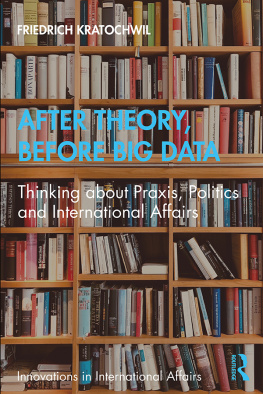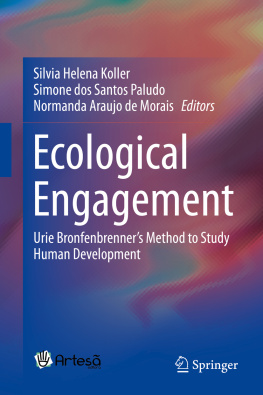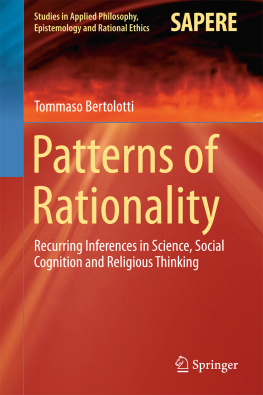Barbara Wootton - Testament for Social Science (RLE Social Theory): An Essay in the Application of Scientific Method to Human Problems
Here you can read online Barbara Wootton - Testament for Social Science (RLE Social Theory): An Essay in the Application of Scientific Method to Human Problems full text of the book (entire story) in english for free. Download pdf and epub, get meaning, cover and reviews about this ebook. year: 2020, publisher: Routledge, genre: Romance novel. Description of the work, (preface) as well as reviews are available. Best literature library LitArk.com created for fans of good reading and offers a wide selection of genres:
Romance novel
Science fiction
Adventure
Detective
Science
History
Home and family
Prose
Art
Politics
Computer
Non-fiction
Religion
Business
Children
Humor
Choose a favorite category and find really read worthwhile books. Enjoy immersion in the world of imagination, feel the emotions of the characters or learn something new for yourself, make an fascinating discovery.

- Book:Testament for Social Science (RLE Social Theory): An Essay in the Application of Scientific Method to Human Problems
- Author:
- Publisher:Routledge
- Genre:
- Year:2020
- Rating:5 / 5
- Favourites:Add to favourites
- Your mark:
Testament for Social Science (RLE Social Theory): An Essay in the Application of Scientific Method to Human Problems: summary, description and annotation
We offer to read an annotation, description, summary or preface (depends on what the author of the book "Testament for Social Science (RLE Social Theory): An Essay in the Application of Scientific Method to Human Problems" wrote himself). If you haven't found the necessary information about the book — write in the comments, we will try to find it.
The contrast between mans amazing ability to manipulate his world and his pitiful incompetence in managing his own affairs is now as commonplace as it is tragic. It is by rigorous devotion to scientific method that we have made our conquests over the material environment; it is obvious that this method is not normally applied to the field of relations of human beings, individual and collective. These are conducted in a quite different way, governed by a medley of primitive impulses set in a framework of a traditional morality that varies from place to place and age to age. In these matters science plays little part; yet more than a century has passed since Auguste Comte said that the rational reform of society must be brought about by the application of scientific method to social problems. It is, therefore, the first purpose of this essay to ask how far social problems might be tackled by the methods of science.
Barbara Wootton: author's other books
Who wrote Testament for Social Science (RLE Social Theory): An Essay in the Application of Scientific Method to Human Problems? Find out the surname, the name of the author of the book and a list of all author's works by series.

